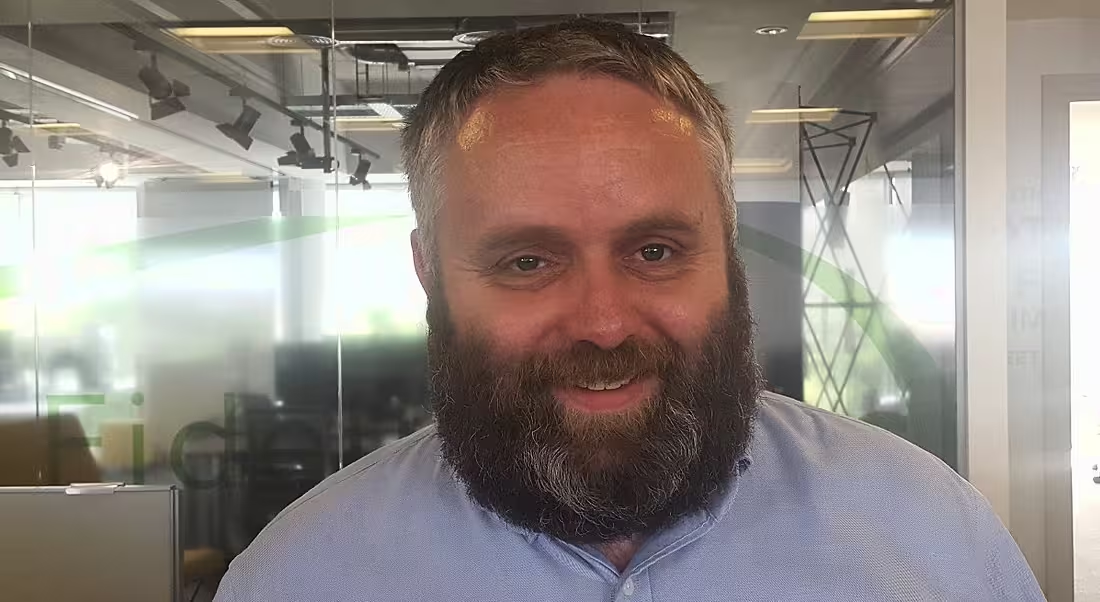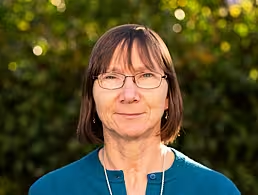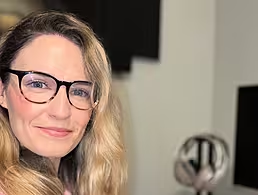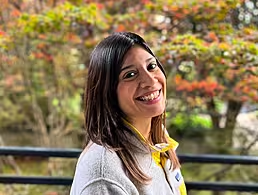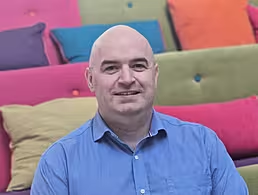After 17 years with Fidelity Investments, chapter lead for software engineering, John Farrelly, reflects on his career journey.
After 17 years working for the same company, John Farrelly has some great insights to offer. He began with Fidelity Investments on a year-long graduate programme almost two decades ago. Now, he’s a senior manager at the company, working as a chapter lead in software engineering.
But before all of that, it was a Mac computer from his dad that started off his journey into the world of software. Here, he talks us through that journey – from his years in college to transitioning from a developer to a manager.
‘It’s difficult to be somebody’s teammate one day and their manager the next’
– JOHN FARRELLY
What first stirred your interest in a career in this area?
My dad bought a Mac SE 1/40, which had 1MB of RAM and a 40MB hard drive, when I was about 12 or 13, and I was hooked on computers after that.
What experiences led you to the role you now have?
I have two undergraduate degrees, one in HR from National College of Ireland and one in computer systems from the University of Limerick, so managing people in technology is mixing the best of both of my degrees. When I finished college, I spent the summer of 2002 working in the games development industry and later in the year joined Fidelity as a graduate.
I have worked in five different areas of the business since, but the majority – 10 years – has been in my current group where I moved from a senior engineer role into a management role.
What were the biggest surprises or challenges you encountered on your career path and how did you deal with them?
Moving from developer to manager in the same team was both a wonderful opportunity and a surprising challenge. It’s difficult to be somebody’s teammate one day and their manager the next. I have to say it took me a while to find the dividing line between being somebody’s friend and being their manager, but my team helped by being very understanding of my new role.
Was there any one person who was particularly influential as your career developed?
I had one manager, Tadhg O’Shea, who helped me to realise that my future lay in management rather than development or architecture, simply by asking what I liked about my role as a team lead at the time.
Then he helped me to develop management skills and best practices, most of which I still use today.
What do you enjoy about your job?
I love seeing people who join the company progress in their careers and hope that some of my work with them has helped this to happen.
What aspects of your personality do you feel make you suited to this job?
When it comes to managing people and when working with customers on projects, it’s essential to be approachable and a good listener. This is vital when trying to understand customer needs and finding the right solution for them.
Managing people is very similar – you are there to help them but need to find the real issues they have before trying to give them a solution.
How did Fidelity support you on your career path?
I have received a lot of training during my 17 years at Fidelity, from my initial year-long graduate programme, to specialised management training, to support for certification in various areas.
With every job or career change came the support I needed to develop into fulfilling the role.
What advice would you give to those considering a career in this area, or just starting out in one?
It’s hard sometimes to keep up to speed with technology as it moves so fast, but use your team to help you learn.
Also, from a management point of view, don’t forget to manage upwards. It is as important that your manager knows what your team is doing as it is to manage the team, especially in a large company.
